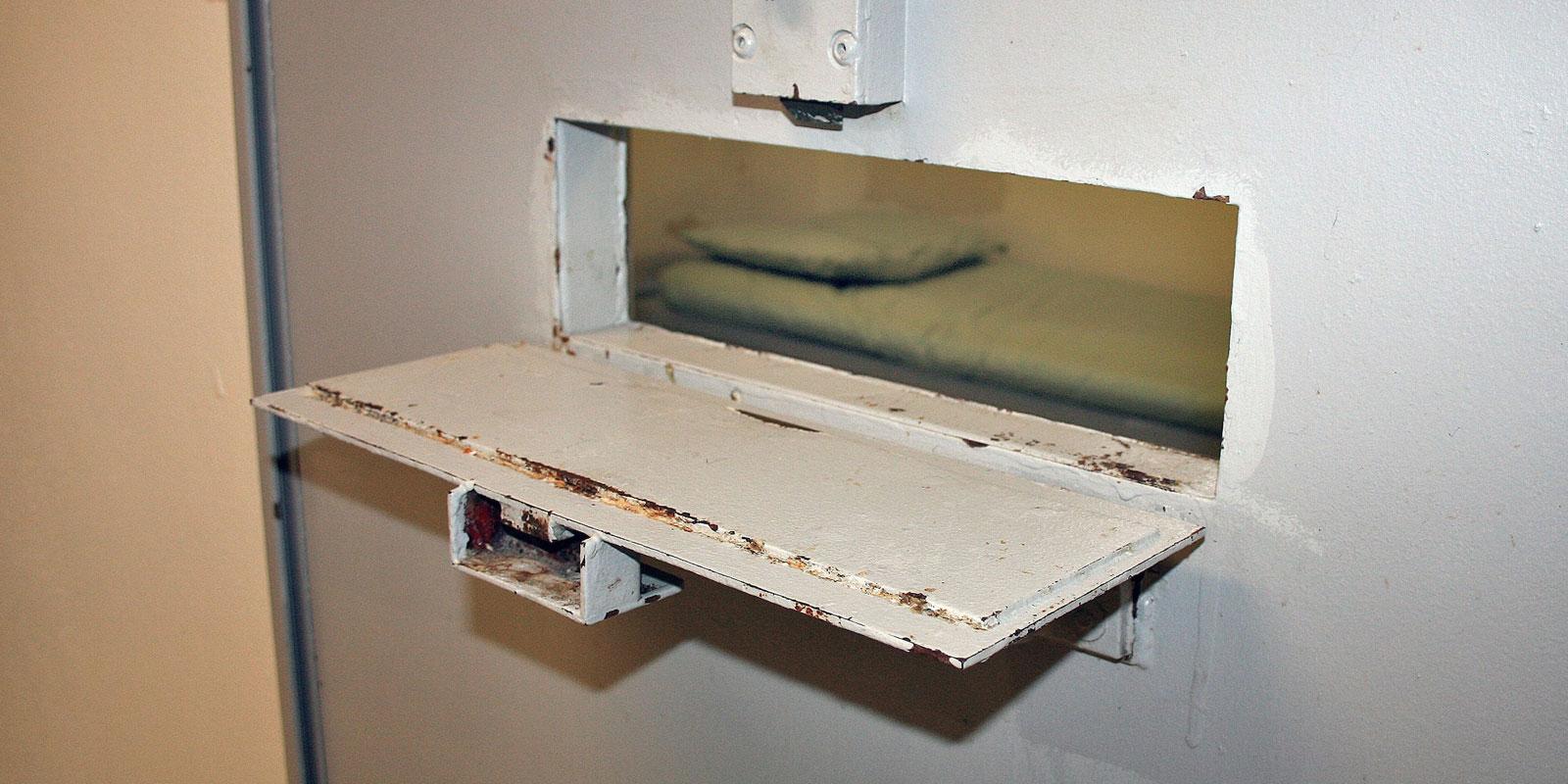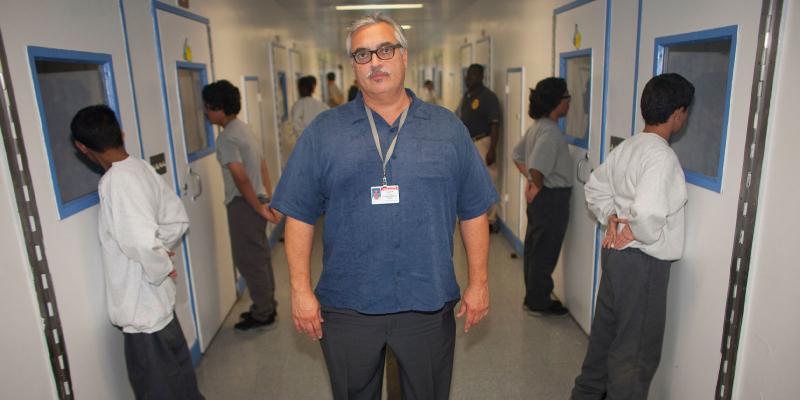
Maria wasn’t used to daylight when she was moved back to the youth detention center. When the bus drove out the prison and the sun shone through the windows, she got a nosebleed.
Maria felt dizzy, and her eyes ached. For a long time she had to stay in the detention center care unit. Seven months later, she was released and her mother picked her up.
“I rode on the floor of the van and told my mom to check her rear view mirror. I said: ‘Mom, look back, they’re gonna come and get me.’ It was very hard getting used to people. And still, years later, I have a problem with cramped spaces.”
Maria graduated from high school and Javier helped her get her gang tattoos removed. Today she works at a restaurant and she is involved in the ‘Baby Elmo’ project, which helps incarcerated teenage parents learn to take responsibility for their children.
“I go and talk to the mothers and tell them that we have to break the cycle. Nothing is more important than education. I have two children and my biggest fear is that they make a mistake like I did. My kids are not going to be in the street life, they are going to school.”
Children locked up with adults
In the USA, around 250,000 children are tried as adults every year, instead of having their cases heard in a child and youth court. Every night, 10,000 children spend the night in an adult jail. Many of them have not even been tried, but are just suspected of a crime. Still, they are put in great danger and run a much higher risk of being subjected to abuse and sexual violence than adults in the same prisons. There is also a higher risk that these children will be affected by depression and attempt suicide than the adults.
Text: Carmilla Floyd
Photos: Joseph Rodriguez

Some comfort
While Maria was in Juvenile hall, she
was able to go to school and, like
these girls, allowed to attend
Sunday services.
In isolation
It was through a food slot in a cell door
like this one that Javier talked with Maria
in jail.
Photo/Pinellas County Sheriff’s Office/AP
Långgatan 13, 647 30, Mariefred, Sweden
Phone: +46-159-129 00 • info@worldschildrensprize.org
© 2020 World’s Children’s Prize Foundation. All rights reserved. WORLD'S CHILDREN'S PRIZE®, the Foundation's logo, WORLD'S CHILDREN'S PRIZE FOR THE RIGHTS OF THE CHILD®, WORLD'S CHILDREN'S PARLIAMENT®, WORLD'S CHILDREN'S OMBUDSMAN®, WORLD'S CHILDREN'S PRESS CONFERENCE® and YOU ME EQUAL RIGHTS are service marks of the Foundation.



